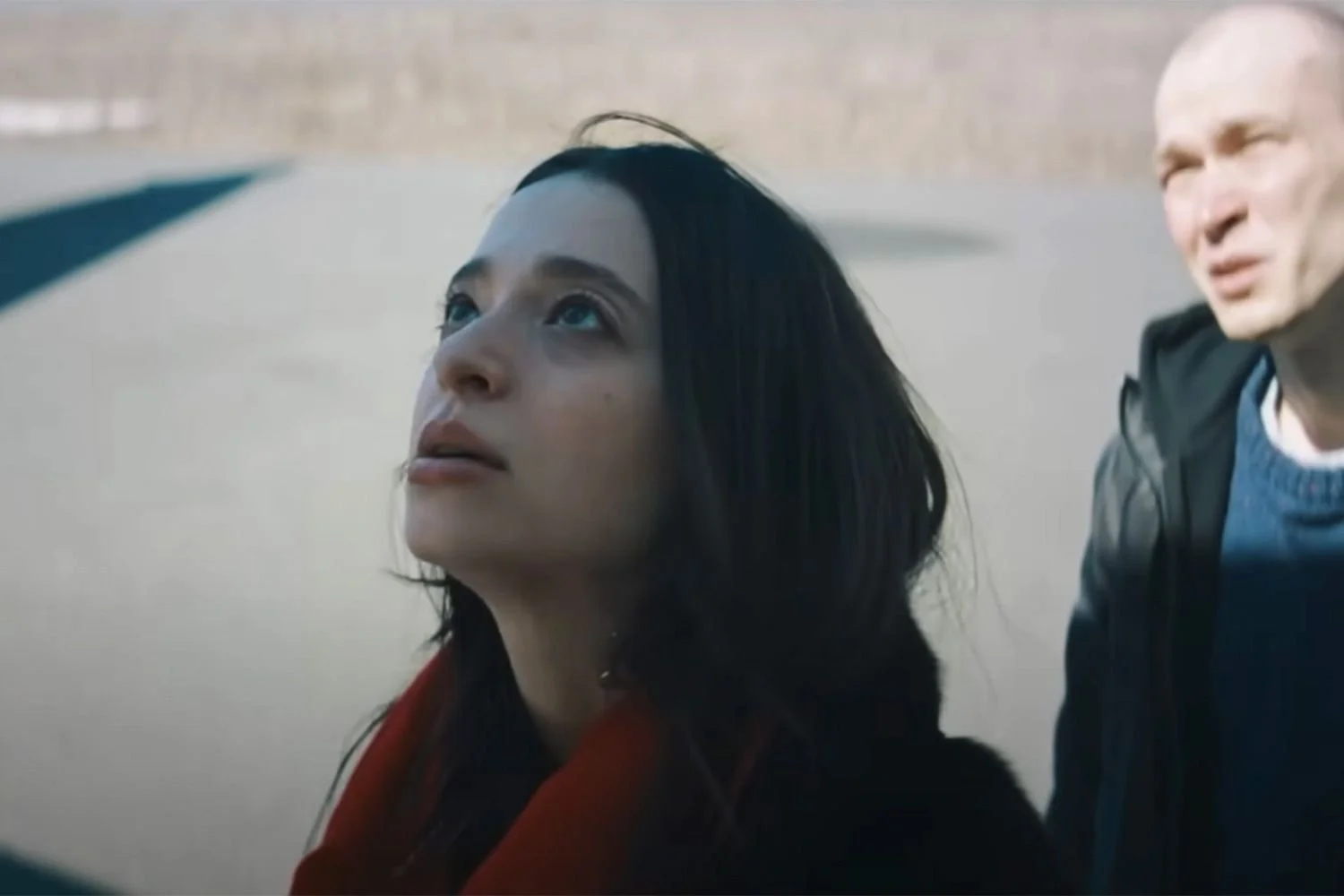#140: Anora
Release Date: October 18th, 2024
Format: Theater (AMC Norwalk 20)
Written by: Sean Baker
Directed by: Sean Baker
4 Stars
I loved Anora, the story of a New Jersey stripper, Ani (Mikey Madison), who meets and marries a young Russian oligarch, Vanya (Mark Eydelshteyn). Writer/director Sean Baker does lots of interesting, beautiful things with his film, but I’d like to write about the things that he doesn’t do:
Baker has little interest in a traditional film narrative, and in fact, I think he enjoys upending certain narrative tropes. When Ani meets Vanya and they begin their whirlwind romance, fueled by excess and drugs, the audience is already formulating potential outcomes of this relationship and this movie. When will reality sink in for the couple? How will their inevitable breakup happen? Is this a story of reconciliation and true love? Or is this a story of love lost? The answer is none of the above. Baker completely breaks these familiar narrative arcs and forges his own unexpected, vibrant path.
Baker also avoids the traditional beats of scene length and dialogue. It reminded me a bit of Cassavetes stylistically, where certain scenes are given space for conversations to rise and fall. It can get a bit messy, too, where the camera is showing two characters conversing, while we can hear other characters conversing off screen (in English, Russian, or Armenian, or all three at the same time). It has that wonderful Cassavetes quality where the dialogue feels honest and non-performative. We are watching people talk.
Baker also doesn’t feel the need to provide closure or redemption for his characters, again, a bit like Cassavetes. Ani and Vanya probably aren’t much changed by the end of the film.
And lastly, Baker is not here to provide answers. Ani is a transactional person, and Vanya is an addict who needs immediate gratification. She marries him because she likes the lifestyle he can afford her, and he marries her because it’s an easy way to have a sexual partner and companion to smoke weed and play video games with. But Baker abstains from taking a stance on this surface-level transaction; Ani and Vanya are more or less happy together. It’s only when Vanya’s wealthy family gets wind of the marriage that things take a turn. They don’t like the appearance of Vanya marrying an “escort” and they want the marriage annulled. I was ready for the film to go down the star-crossed lovers path, but again, Baker doesn’t take such familiar roads. He doesn’t villainize Vanya’s family, and in fact, provides a new perspective to both us and Ani about just who Vanya is.
Speaking of perspective, Baker doesn’t adopt a traditional narrative point-of-view. The film may adopt Ani’s perspective early on, and seems sympathetic to Ani’s actions, but halfway into the film it becomes clear that other perspectives will play a big role. For example, when Ani is labeled an escort by Vanya’s family, my reaction was the same as Ani’s: that’s not nice and not exactly true. But is it not? Vanya paid Ani $15,000 to spend the week with him and go to Vegas, where they eventually get married. Sounds like an escort to me. We then begin to see the point of view of Vanya’s family and caretakers, that Ani married Vanya for the money (true) and that Vanya must be saved from himself at times (also true).
There is a character that seems to represent an unbiased perspective, and that is of the Russian enforcer, Igor, charged with controlling Ani as they take her around New Jersey looking for Vanya so the family can have their marriage annulled. Igor is a hugely important character in the story, yet isn’t introduced until halfway into the film (Baker, again, breaking traditional narrative) and despite being a hired goon, is the most tender and thoughtful character in the movie (again, Baker defying convention).
Igor sees Ani, sees Vanya, sees his family, sees this situation for what it actually is. And like us, the audience, he wishes he could do something to help. No matter that he gives Ani a scarf when it’s cold, or a shot of vodka when it’s needed. Or that he tells her that her real name, Anora, is beautiful, that it means “bright,” and that he likes Anora more. If only doing such things could change a person.
That’s the type of stuff you see in movies. But surely not this one.
